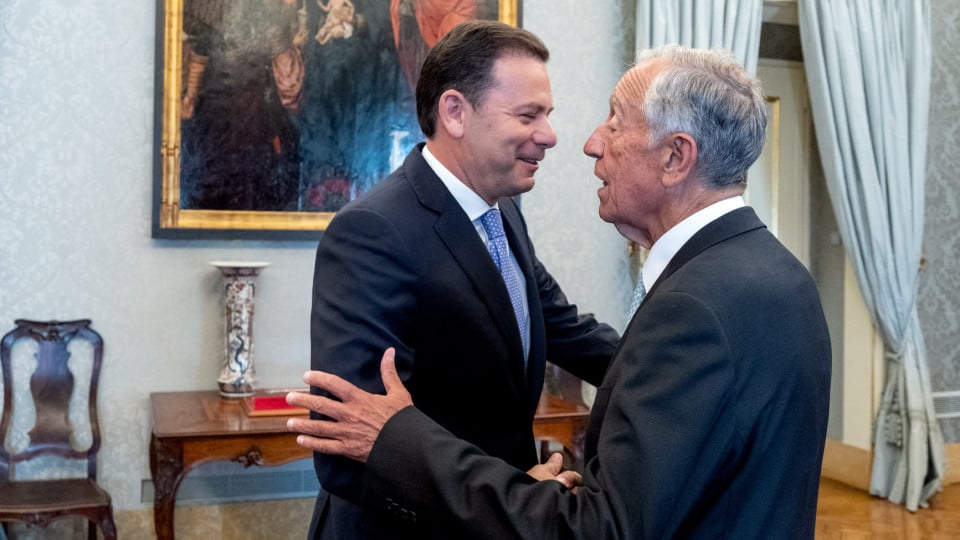October 11 is approaching, which for many might be just another Friday, but for Attorney General Lucília Gago, it will mark the end of her term leading the institution.
This date is of great importance for Gago, as well as for the President of the Republic, Marcelo Rebelo de Sousa, and Prime Minister Luís Montenegro, who is responsible for appointing a successor to lead the Attorney General’s Office.
Speaking to journalists at Belém Palace during the Book Festival, Marcelo Rebelo de Sousa said that official talks with the head of government will begin next week to “start considering” the case. He refused to name any candidates, stating only that Montenegro will decide whether “the proposal is shared with other parties or not” or if only the “final solution” will be shared. “It won’t be long,” the President promised.
The head of state emphasized that keeping Lucília Gago in office “is out of the question” because “it would be against the law.” Marcelo Rebelo de Sousa assured that he already knows the “profile” he wants for the succession in the Attorney General’s Office but refused to share its characteristics with journalists. “I might as well be communicating to the Prime Minister through television what I think about the matter,” he said ironically.
Prime Minister Luís Montenegro argued that since “the Government has the ability to propose, but the President of the Republic has the ability to appoint,” it will “always be in a concerted relationship that this and other matters are discussed and then decided.”
The current Attorney General began her six-year term on October 12, 2018, and is considered one of the main protagonists in the fall of former Prime Minister António Costa’s government, who saw his name involved in Operation Influencer through a statement published by the Attorney General’s Office.
Socialist Party Secretary-General Pedro Nuno Santos joined the discussion, stating that “it is very important that the next Attorney General has leadership and communication skills, among others.” In Viseu, the socialist leader refused to discuss names, recalling that the process of choosing and appointing a new Attorney General belongs to the Government and the Presidency of the Republic.









